Introduce and explore common prefixes with this extensive list of words.
Build Morphemic Knowledge with Prefix List Words
A prefix is a group of letters that can be placed in front of a root word to change its meaning. Some common prefixes include re- (meaning ‘again’), un- (meaning ‘not’) and pre- (meaning ‘before’).
This list of 50 words containing prefixes has been compiled to assist you in implementing your phonics program in your classroom. It includes words beginning with the following prefixes:
- re- (as in rewrite)
- un- (as in unlock)
- pre- (as in preview)
- dis- (as in discount)
- mis- (as in mistake).
Multiple Applications for This Prefixes Word List
This list of words containing prefixes can be used in numerous ways to support the diverse needs of your learners during your literacy sessions. Here are some of our suggestions:
Research the etymology
Many words in English come from Greek and Latin roots (hence the term ‘root word’). Project the word list onto your interactive whiteboard, and choose some words to explore in greater detail. For instance, the word ‘recycle’ comes from the Greek root word ‘cycl’ (meaning ‘circle’). Coupled with the prefix re- (meaning ‘again’), the word literally means ‘to circle back again’. Exploring the meetings of root words and the prefixes attached to them is a highly effective way of deepening students’ understanding of our language and how it works. Why not assign particular list words to the students, have them research the etymology of the words, then report back to the rest of the class?
Individual practice
Send the lists home so your students can revise decoding (reading) and encoding (spelling) the words on the list. Be sure to include only words containing letter-sound correspondences you have already addressed in class.
Show me the missing prefix!
Provide the students with mini whiteboards. Read a root word from the list without the prefix. Have the students write down the missing prefix on their whiteboard. Call out, “Show me!” When the students flip their boards, take time to identify which students require further assistance with the concept.
Easily Download This Resource for Your Students
Use the Download button to access the PDF or editable Google Slides version of this resource.
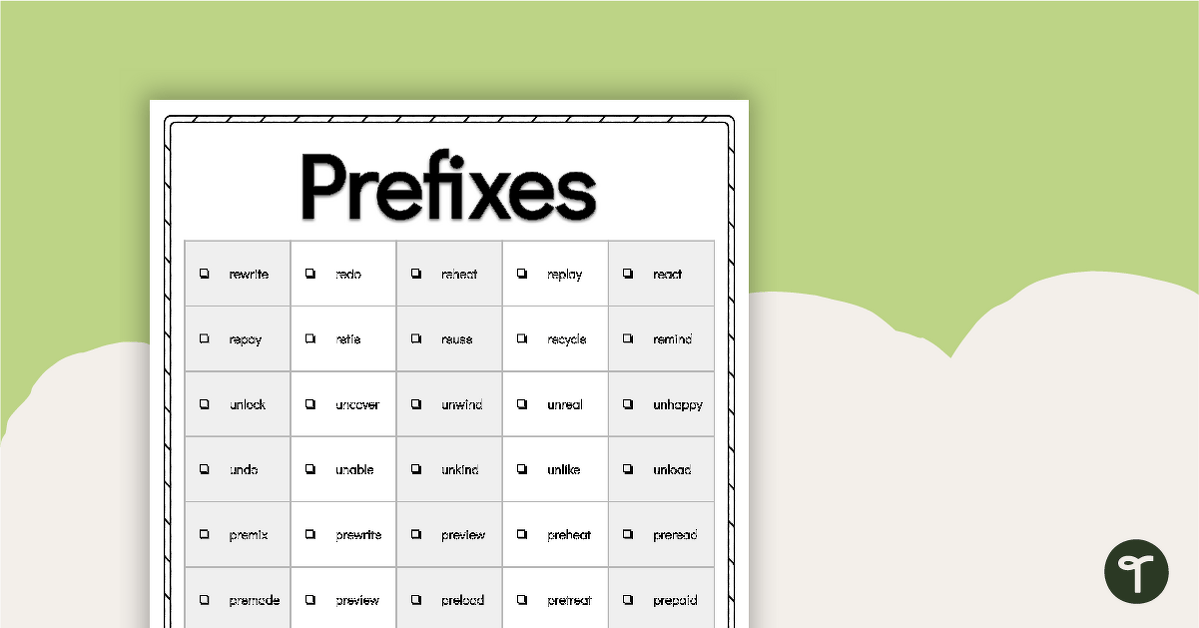

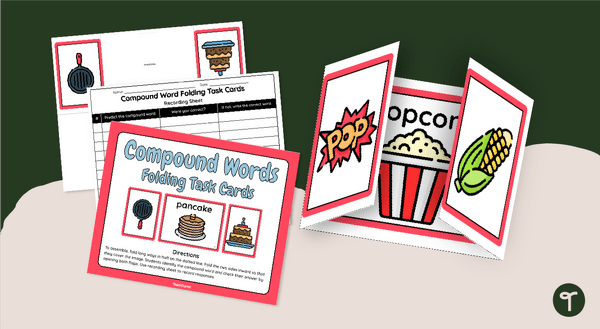
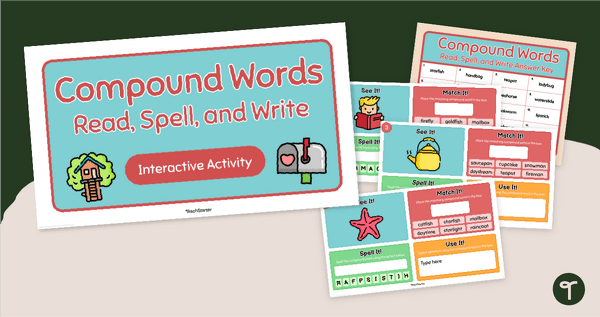
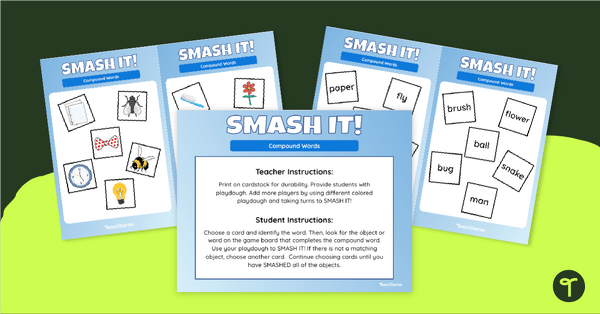
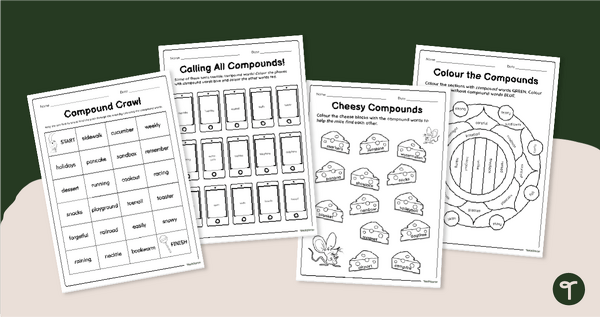
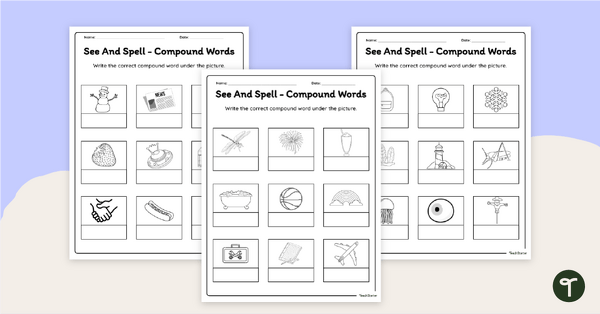
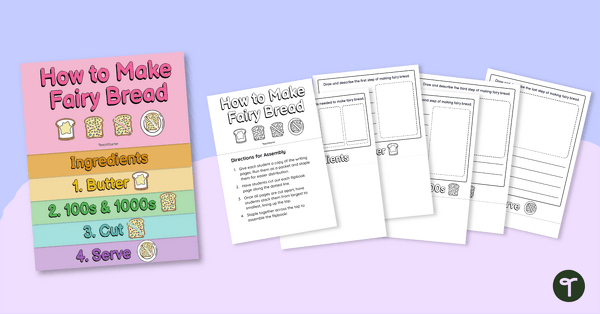
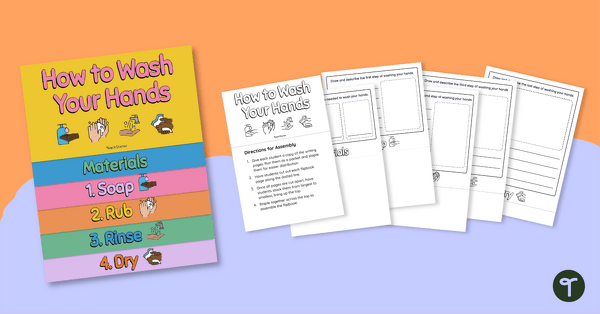
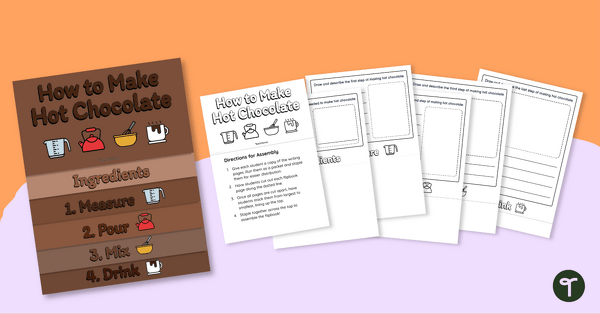
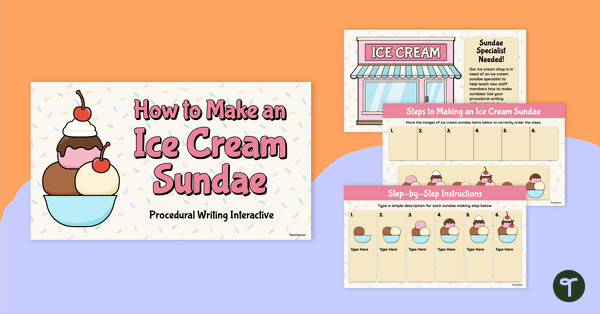
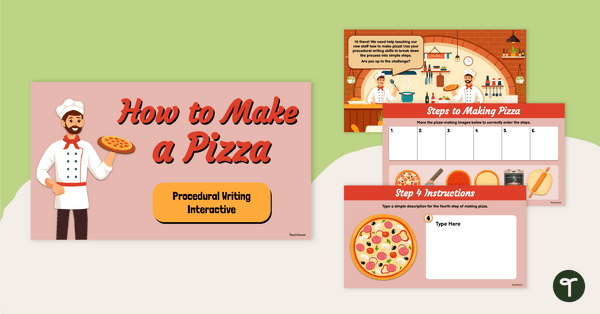
0 Comments
Write a review to help other teachers and parents like yourself. If you'd like to request a change to this resource, or report an error, select the corresponding tab above.